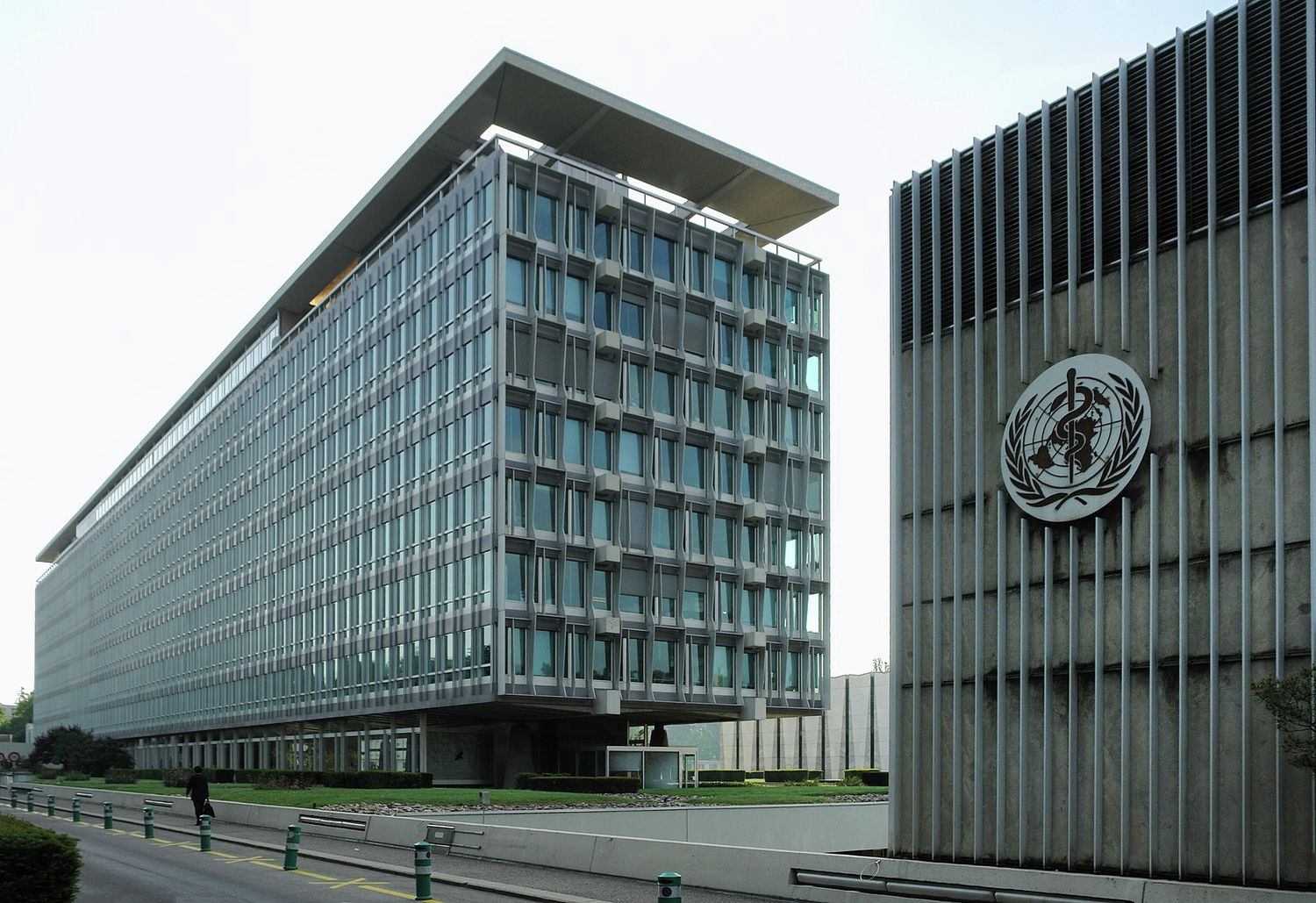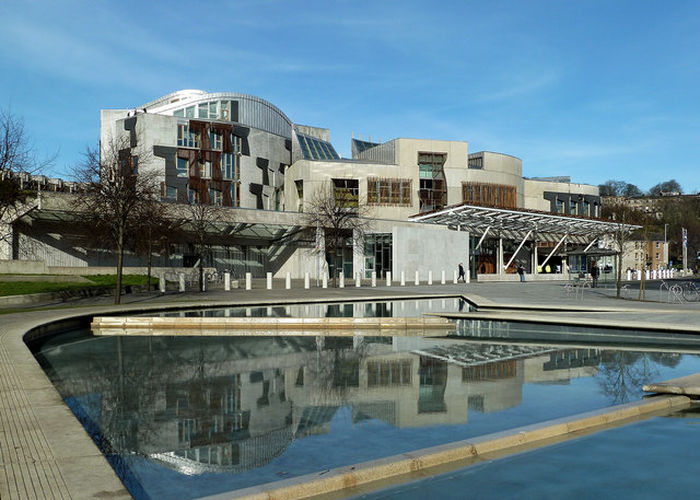Within the space of less than a year, the coronavirus pandemic has already devastated economies by plunging many states in recessions and depressions, engendered unprecedented restrictions on movement and cuts in jobs, severed family ties and relationships, illumined the huge disparities of wealth between the elite and non-elite and, of course, caused the premature deaths of thousands of people almost everywhere. Our present condition may well be comprehended as precarious due to the risks, uncertainties, and insecurities engendered by the pandemic that make some lives more or less valuable, expendable, and—to borrow Judith Butler’s rendering—grievable. Recent statistics suggest the differential impact of the pandemic with regard to class, race, and gender. For example, it is now an established verity that coronavirus patients of Black African descent and other minority backgrounds are more at risk of dying than white Britons. In France, domestic violence cases soared by over 30 percent with lockdown. And, in Nigeria, daily wagers and the poor can neither feed nor observe social distancing rules because of their economic and social vulnerability that, in turn, make space a luxury. But, notwithstanding the hitches of the pandemic, what can we—overly interconnected humans of this century of preponderant science and technology—learn from it for the amelioration of our world? I suspect that the ongoing pandemic provides crucial lessons, particularly in government and the conceptualisation of the international community, that we should pay heed to.
"... the local is global, the global local; whatever happens there happens here."
It is doubtless that Wuhan would have rather gone unnoticed to most outside of the region were it not that the pandemic dispersed from there to all other parts of the world. But today Wuhan is seemingly the most talked-about city on earth. We have learned how so interconnected we are, which should compel us to nurture what I would, for want of a better term, call the global imagination. We should no longer assume—save to our own peril—that the suffering Rohingya people in Myanmar, the plight of the Uighurs in China, the terrorisms in Africa, and police brutality in the United States or wherever are none of our concern. Nor can we feign a blind eye—without empathy—to the excessive poverty, war, and nativism around the globe. We should not dismiss those lives lost as expendable nor not grievable, as we are conditioned to do so. There is one common world in addition to diverse ontological worlds we inhabit—the local is global, the global local; whatever happens there happens here. Wuhan, like anywhere else, should matter to anyone anywhere not in consequence of the coronavirus but because human beings inhabit there and do whatever everyone else everywhere does—eat, sleep, recreate, marry, suffer depressions, and die.
But some countries have fared better than others in curbing the virus. From New Zealand, Taiwan, Germany, and Iceland to Finland, Norway and Denmark, we have seen how the pandemic has been contained and countless human lives salvaged from the effects of increase in daily infections. But it is indeed no longer news that Brazil, the United States, and Nigeria, amongst many other polities are struggling to cope with, nay eradicate, the pernicious pandemic. But what sets these states apart in their responses? Political leadership. Not only do the successful polities demonstrate the positive impact of democratic governance that makes it possible for women to assume leadership positions, it is the case that these feats stem from effective, good, political leadership. Writing for Forbes, for example, Avivah Wittenberg-Cox contends that countries with the best coronavirus responses are united by the fact that they told their citizens the truth about the seriousness of the pandemic which required serious action and cooperation. Leaders of successful countries were lucid and decisive, reacting quickly by imposing strict measures at the onset of the spread. For example, New Zealand under the leadership of Jacinda Ardern reacted quickly to the pandemic by locking down early and dealing effectively with the cases within the country. Further, the effective leaders showed love in their actions as when the Norwegian Prime Minister Erna Solberg addressed the anxieties of children regarding the pandemic, telling them that “It is OK to feel scared.” This contrasts with the strongman—authoritarian—style leadership we find in places like Brazil, the Philippines, Russia, Mexico, and the United States that have usurped the opportunity to blame others, foment hatred toward minorities, and throttle political freedoms. For example, Trump has consistently blamed the World Health Organisation (WHO) for covering up the threat of the pandemic and even frozen payments to the organisation. Not only is he suspicious of a “Chinese conspiracy” to attack American economy, he had drawn up proposals to deport, and not issue visas to, international students if their universities moved courses online without any concern for public health. But with a lawsuit filed by some American universities, this proposal was successfully overturned. The United States remains the worst hit by the pandemic with daily increase in cases in many states. Hence, we have learned that good political leadership is central to the resolution of crises. Mutatis mutandis, that half-baked, pathological political leaderships concerned with the satiation of sinister interests with little or no coordination and no concern for the welfare of the populace have a much harder time salvaging people from the injuries of unprecedented crises.
"... we learn from this period that humans still have the capacity to care for distant others."
The global economy is on the verge of collapse due to the lockdowns and restrictions on mobility. Companies have laid off workers and there is anxiety that this could be one of the worst recessions in human history. Likewise, it has been projected that—by the end of 2020—the British economy will contract by 11.5% thereby plunging its economy into recession. By the same token, in the Global South, Nigeria—the biggest economy in Africa but also, paradoxically, the ‘poverty capital of the world’—there is an imminent recession since the economy is expected to shrink by 3.2% devastating its already impoverished populace. The ruins wrought by the pandemic remind us that mobility is quite central to our coexistence in this common planet—without movements we would not build exquisite architectural configurations; and economic progress and prosperity would be far from reach. Unfortunately, mobility—which includes, but should not be reduced to, migration— has been demonised in our world so much so that migrants and refugees are considered the Other. Visa regimes, passports, and borders are significations of prestige and exclusion—defining who is in and who is out, who the friend is and who the enemy is. But, in the wake of the pandemic, it has been lucid that we cannot prosper collectively without mobility, that the idea of a borderless world should no longer be an illusion but a possibility that gives equality of access to space and common resources to ‘unknown others’ regardless of their gender, racial, religious, and national identities. Immigrants should not be valued solely because of what they can offer to our economies or our health sector, but on the fact that they are human beings with dignity, rights, and interests of their own. The recent proposal that so-called ‘low-skilled people’ will no longer be issued visas in the UK is blind to the fact that mobility contributes enormously to economies and that migrants are not ‘beings of utility’ judged merely by their skills, talents, and contributions to economic and cultural enrichment. Mobility regimes which marginalise populations based on some vague racial or national features are a figment of the human past and present that should not conduit our future moral and political sensibilities.
Ultimately, we have learned that the greatest antidote to pandemics is not hatred but care. This is demonstrated through the unwavering efforts of health workers (doctors and nurses) whose acts of supererogation have saved—and, without doubt, continue to save—human lives during this tragic episode in the history of our species. Besides health workers’ supererogatory acts of care, there are equally varied everyday acts of compassion and hospitality that people everywhere have exhibited toward suffering friends and strangers alike. Consider, by way of example, the ‘best of humanity’ exhibited by Aceh residents in Indonesia who rescued 94 Rohingya—including 30 children—who were fleeing persecution in Myanmar.5 Despite the fury of the local authorities that the Rohingya people could potentially be infected with the coronavirus, the Aceh fishermen extended hospitality. Asked why he helped rescue the Rohingya people, one of the fishermen poignantly retorted, ‘We were sad seeing kids and pregnant women stranded at sea.’ Of course, there is no denying that this moment has been bedevilled by the twin menaces of nativism and irredentist nationalism against strangers, but this has been counterbalanced by acts of compassion. Thus, we learn from this period that humans still have the capacity to care for distant others (whom they do not know) beyond their kith and kin.
These lessons—the fact of our interconnectedness that necessitates the nurturing of a global imagination; the critical impact of political leadership on the management of unprecedented crises; the indispensability of mobility, including migration, for global economic-cum-political prosperity; and the display of care and humanity—are what we all need to take with us after the disruptions and tragedy wrought by the coronavirus pandemic. ‘I am because we are and, since we are, therefore I am’—this cosmopolitan ethic from the postcolony (wherefrom I write the world) that gives primacy to we-feeling need be accentuated over and above political rhetoric, for it is the surest way to our common progress in the face of this and the next pandemic to befall us.
Promise Frank Ejiofor is a graduate student at the University of Cambridge and holds an MA in Political Science from Central European University (CEU). His research interests span constitutional politics, cosmopolitanism, nationalism, moral and political theory.


